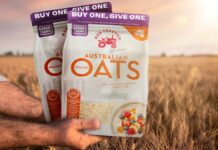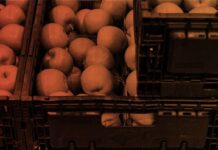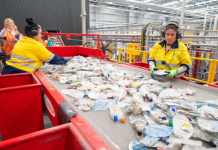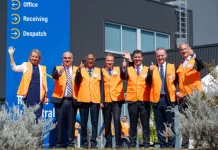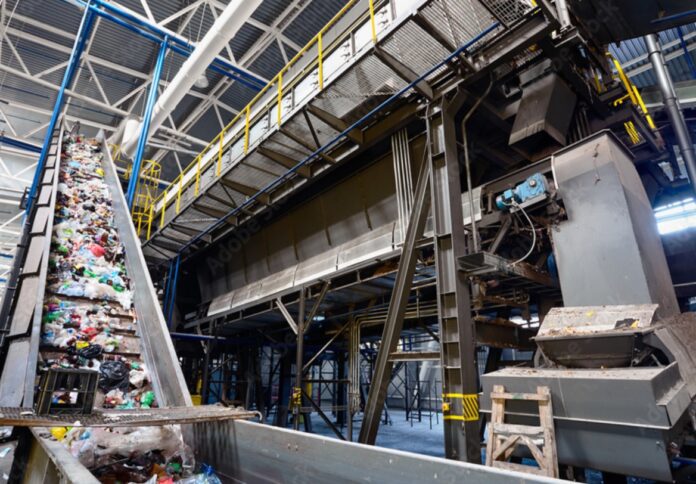
Pact Group, Australia’s leading plastic recycler and sustainable packaging manufacturer, has ventured into a partnership with ALDI Australia to provide recycled plastic packaging materials for some of the retail giant’s brand products.
The partnership will provide ALDI supply partners with more sustainable packaging options for ALDI’s exclusive products, which include milk bottles, meat trays, fruit and vegetable punnets, beverage bottles, and shampoo bottles.
In a media release, Pact said it will manufacture sustainable packaging materials for ALDI at its facilities in New South Wales, Victoria, and Queensland using recycled PET and HDPE plastic resins.
“As one of Australia’s largest grocery retailers, we understand the important role we play in reducing our use of plastic and improving the circularity of our product packaging,” said Oliver Bongardt, managing director of buying at ALDI Australia.
“We are pleased to be partnering with Pact to introduce more sustainable packaging options, which will accelerate progress towards our plastics and packaging commitments,” Bongardt added.
The partnership marks a significant milestone in both companies’ efforts to achieve their sustainability goals.
Pact has allocated over $76 million to acquire new packaging manufacturing equipment across its Australian operations in a bid to manufacture high-quality recycled packaging products with an increased amount of recycled plastic resin.
The company seeks to eliminate all non-recyclable packaging it produces and offer an average of 30 per cent recycled content across its packaging portfolio by 2025.
Meanwhile, ALDI is committed to reducing plastic packaging by 25 per cent and including 30 per cent recycled content in its plastic packaging by 2025.
“We are delighted to be working with ALDI to drive positive change and reduce the amount of plastic waste going to landfill. Recycled plastic packaging that is designed and manufactured effectively, recycled properly, and disposed of correctly is the key to building a successful circular economy in Australia,” said Pact CEO Sanjay Dayal.


